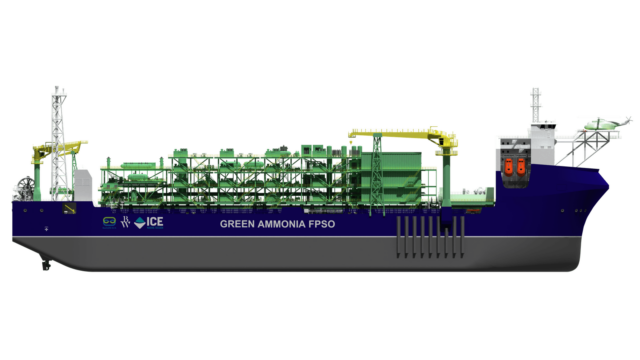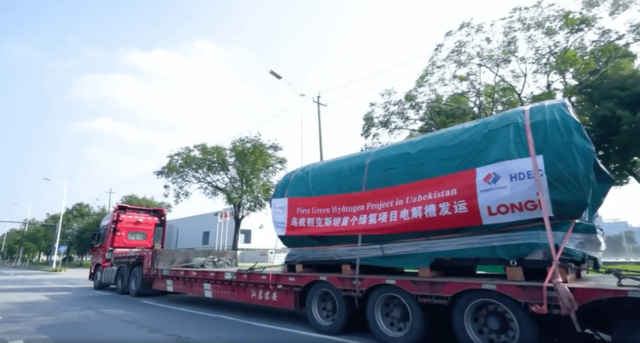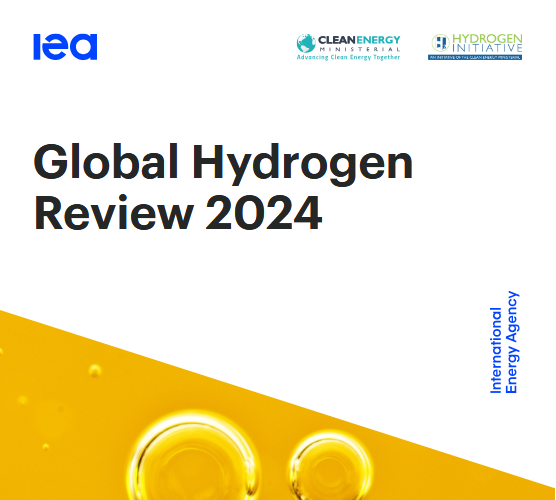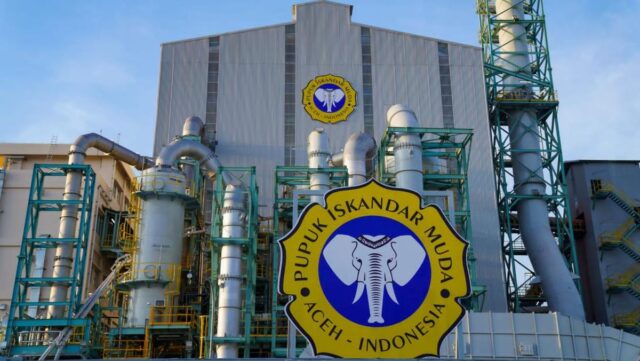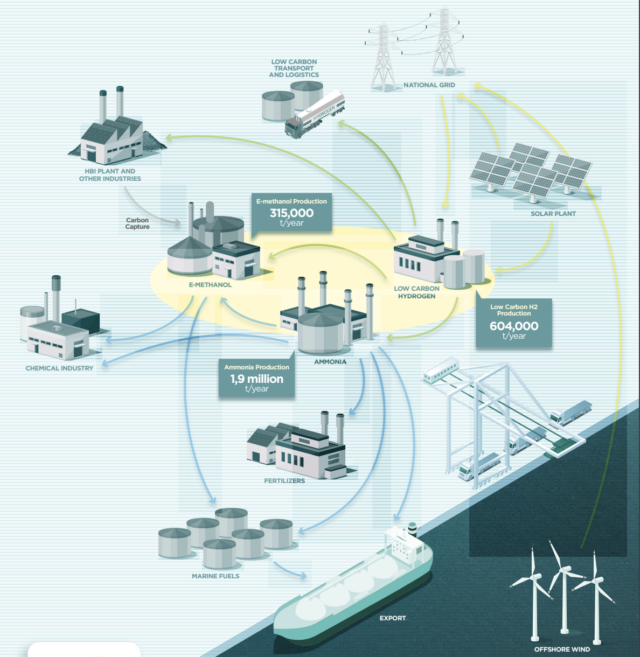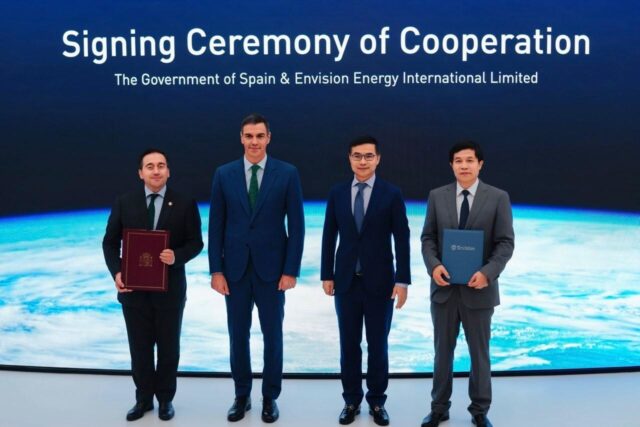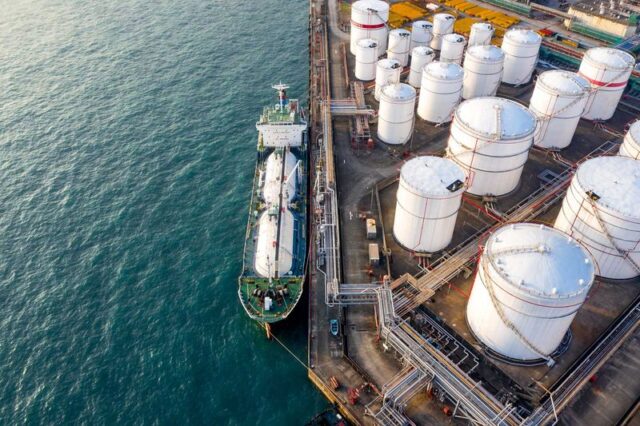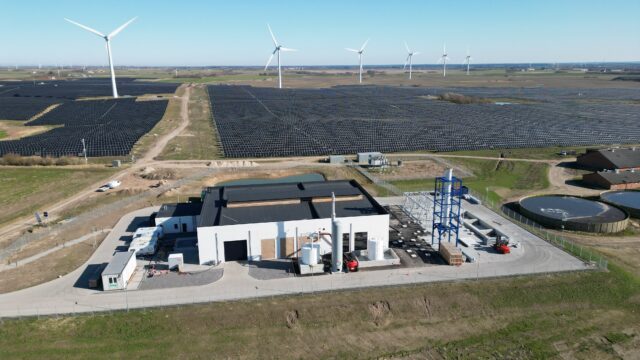Ohmium to develop PEM electrolysers for floating ammonia production
Ohmium will develop 300 MW of PEM electrolyser capacity for SwitcH2’s offshore hydrogen and ammonia production vessel. Moored off the coast of southern Europe, the 268m-long vessel will be powered by nearshore renewable energy, and the electrolysers fed by desalinated seawater, producing enough ammonia to “fuel multiple oceangoing vessels for a full year”.
